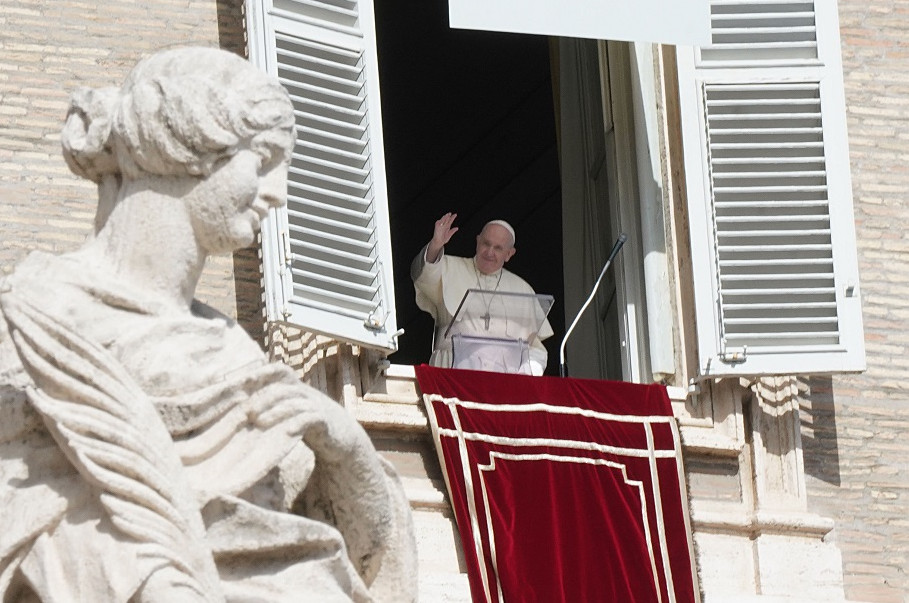“Nobody can save themselves alone”, and the Covid-19 pandemic has made it painfully clear. Pope Francis calls for a collective return to the value of fraternity in his latest encyclical, Fratelli tutti, an 8-chapter document encompassing the most politically charged issues of our time.
The title of the encyclical roughly translates to “All Brothers: on Fraternity and Social Friendship”. Essentially, it describes the Pope’s social thought, his stance on the state of the world and how to improve it.
It all starts with the recognition of the issues: poverty, racism, unemployment, all kinds of war, “negation of all rights,” as well as nationalism and populism, responsible for erecting walls and preying off the fear of the “other,” which in turn favours criminal endeavours that feed on fear and solitude.
Pope Francis also criticised modern capitalism and the “neo-liberal dogma”, models subjected to financial greed and not centred around human dignity. He also argued that the planet’s resources are finite, and responsible environmental policies are urgent.
The more material solutions entail a political class capable of moving away from this, one capable of ensuring fundamental human rights and aiming to end hunger and human trafficking.
Migrants, “lives torn apart” by humanitarian disasters, must be “welcomed, protected, promoted and integrated.”
The pontifex then called for reforming the UN to transform the organisation into an effective guarantor of the “family of nations” that can tackle poverty, human rights and the common good.
Reached by Formiche.net, Father Antonio Spadaro summed up this document as a call to humility and global brotherhood, the real antidotes in a world ridden by walls and towers erected against the “other” that the Pope “dares” to see as a fellow human being.
The Pope’s solutions are indeed hinged on global collaboration. To this end, the encyclical often cites the Document on Human Fraternity, a “pact between religions” signed in Abu Dhabi by Francis himself and the Great Imam of al-Azhar, Ahmed el-Tayeb, in February 2019.
Imam Yahya Pallavicini, president of the Islamic Religious Community in Italy, praised the pope’s opening to all religions and his call to employ “the miracle of kindness” in the fight for dialogue, collaboration, and real knowledge of oneself and his brother.
“For the Christian, [human dignity] derives from the paternity of the God of Creation, if we recognise ourselves as children of the same Father brotherhood becomes a natural thing. This brings to responsibility, personal, social, political,” quipped Andrea Monda, director of the Osservatore Romano, when interviewed by Formiche.net.
The Euro-Gulf Information Centre hailed pope Francis’ direct opening to Islam as a blessing to the Middle Eastern peace process. “The Vatican has a role to play in fostering further Arab-Israeli peace and it is likely that Pope Francis will open a new chapter of Christian-Jewish-Islamic dialogue to that end,” reads their letter published on our site.








